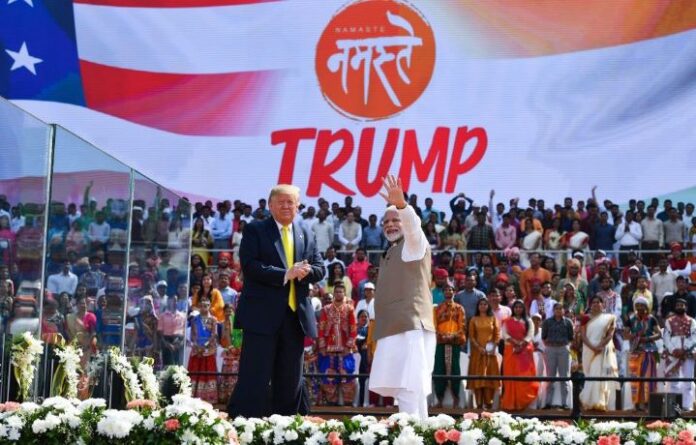With 50-plus countries having elections scheduled this year, 2024 promises to be a litmus test for the viability of the world’s democracies.
Now, a just released survey analysis shows that voters in 19 countries, including those in three of the world’s biggest democracies, are questioning the extent to which elections are free and fair, and many are indicating a preference for forceful, undemocratic leadership. Sounding the alarm, the Stockholm-based International Institute for Democracy and Electoral Assistance (IDEA), which commissioned the review, has declared that “democratic institutions are falling short of people’s expectations.”
Set up in 1995 to promote democratic values globally, the IDEA report states: “It is past time that people’s perceptions are centered in conversations about the future of democracy; this analysis is a small but important first step towards that effort.”
In 17 of the countries, fewer than half of those surveyed were satisfied with their governments, the IDEA found. Voters in three of the largest democracies — Brazil, India and the United States — were among those polled. With a margin of error between 2 and 4%, the number of respondents in each country was around 1,500.
In eight countries, “more people have favourable views of ‘a strong leader who doesn’t have to bother with parliament or elections,’” IDEA noted, citing India and Tanzania as example of countries “with relatively high levels of support for a ‘strong leader.’”
The 95-page study (“The Perceptions of Democracy Survey”) indicated that only in four of the countries surveyed did “a majority feel they are doing better economically than their parents.” It also noted that those in minorities tended to be more doubtful about electoral credibility, while in Brazil, Colombia, Romania, and Sierra Leone, the poorest were more likely to approve of the government’s performance than the rest of the population.
As for judicial systems, in 18 countries “fewer than half of the people believe that the courts ‘always’ or ‘often’ provide access to justice.” Iraqis, for example, showed more faith in having access to justice (28%‘always’ or ‘often’) than Americans (26%), whereas Denmark was the only country in which a majority trusted in their courts to often or always provide equal access to justice.
The IDEA report was based on surveys made in Brazil, Chile, Colombia, Denmark, Gambia, India, Iraq, Italy, Lebanon, Lithuania, Pakistan, Romania, Senegal, Sierra Leone, the Solomon Islands, South Korea, Taiwan, Tanzania and the United States. The surveys, which sought to “identify important but often neglected differences between various groups’ assessments of and attitudes related to democracy”, were carried out by YouGov and GeoPoll by phone or internet last year, with the exception of India, where the sample was polled in January.

